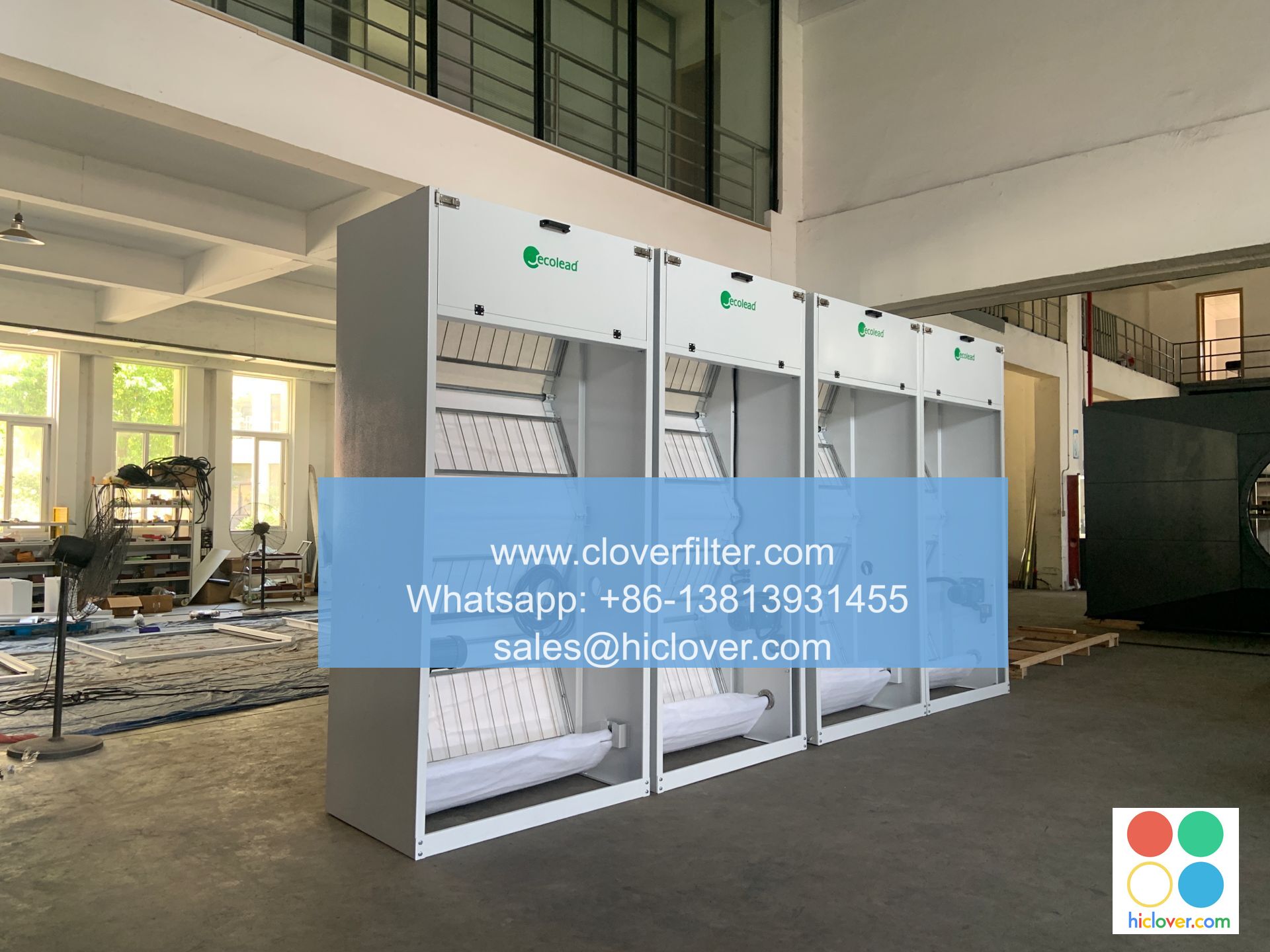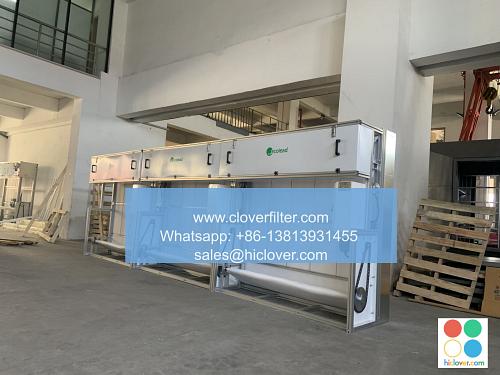The Impact of Air Filter Size on Your HVAC System’s Performance

When it comes to maintaining a high-performing heating, ventilation, and air conditioning (HVAC) system, one of the most crucial factors to consider is the air filter size. A properly sized air filter can significantly enhance the overall efficiency, effectiveness, and longevity of your HVAC system. In this article, we will delve into the importance of air filter size, its impact on HVAC system performance, and highlight various application areas where accurate sizing is critical.
Understanding Air Filter Size and Its Significance
Air filter size refers to the dimensions of the filter, typically measured in inches, and is usually specified as length x width x depth. The size of the air filter is critical because it directly affects the airflow, pressure drop, and filtration efficiency of the HVAC system. A correctly sized air filter ensures that the system operates within its designed parameters, preventing issues such as reduced airflow, increased energy consumption, and compromised indoor air quality (IAQ).
Impact of Air Filter Size on HVAC System Performance
The size of the air filter has a profound impact on the performance of the HVAC system. Some of the key effects of incorrect air filter sizing include:
* Reduced Airflow: An oversized air filter can restrict airflow, leading to decreased system performance, while an undersized filter can cause the system to work harder, resulting in increased energy consumption and reduced equipment lifespan.
* Increased Energy Consumption: Incorrect air filter sizing can lead to higher energy bills, as the system works harder to compensate for the inefficient airflow and filtration.
* Compromised Indoor Air Quality (IAQ): A poorly sized air filter can fail to capture airborne contaminants, such as dust, pollen, and other particles, compromising the indoor air quality and potentially exacerbating respiratory issues.
* Premature Equipment Failure: Inaccurate air filter sizing can cause excessive wear and tear on the HVAC system, leading to premature equipment failure and costly repairs.
Application Areas Where Accurate Air Filter Sizing is Critical
Accurate air filter sizing is essential in various application areas, including:
* Residential HVAC Systems: Proper air filter sizing is crucial in residential settings, where it can impact not only the system’s performance but also the health and comfort of occupants.
* Commercial HVAC Systems: In commercial settings, such as offices, hospitals, and schools, accurate air filter sizing is vital to maintain a healthy and comfortable indoor environment, while also ensuring the system operates efficiently and effectively.
* Industrial HVAC Systems: In industrial settings, where the air quality can be particularly challenging, accurate air filter sizing is critical to maintain a safe and healthy working environment, while also preventing equipment damage and downtime.
* Pharmaceutical and Healthcare Facilities: In these sensitive environments, accurate air filter sizing is paramount to maintain the highest level of indoor air quality, preventing contamination and ensuring the health and safety of patients, staff, and products.
Best Practices for Selecting the Right Air Filter Size
To ensure optimal HVAC system performance, it is essential to select the correct air filter size. Some best practices to follow include:
* Consult the Manufacturer’s Specifications: Always refer to the manufacturer’s guidelines for the recommended air filter size and type.
* Measure the Filter Housing: Measure the filter housing to determine the correct filter size, taking into account any obstructions or irregularities.
* Consider the Airflow Requirements: Select an air filter that meets the system’s airflow requirements, taking into account factors such as the number of occupants, equipment, and activities.
* Regular Maintenance: Regularly inspect and replace the air filter to ensure optimal system performance and prevent issues related to incorrect sizing.
In conclusion, the air filter size has a significant impact on the performance of your HVAC system. Accurate sizing is critical to ensure optimal efficiency, effectiveness, and longevity of the system, while also maintaining a healthy and comfortable indoor environment. By understanding the importance of air filter size and following best practices for selection and maintenance, you can ensure your HVAC system operates at its best, providing a safe, healthy, and comfortable indoor space for years to come. It seems like you forgot to include the actual prompt. Could you please provide more details or clarify what you would like to talk about or ask? I’m here to help with any questions or topics you’d like to discuss!

